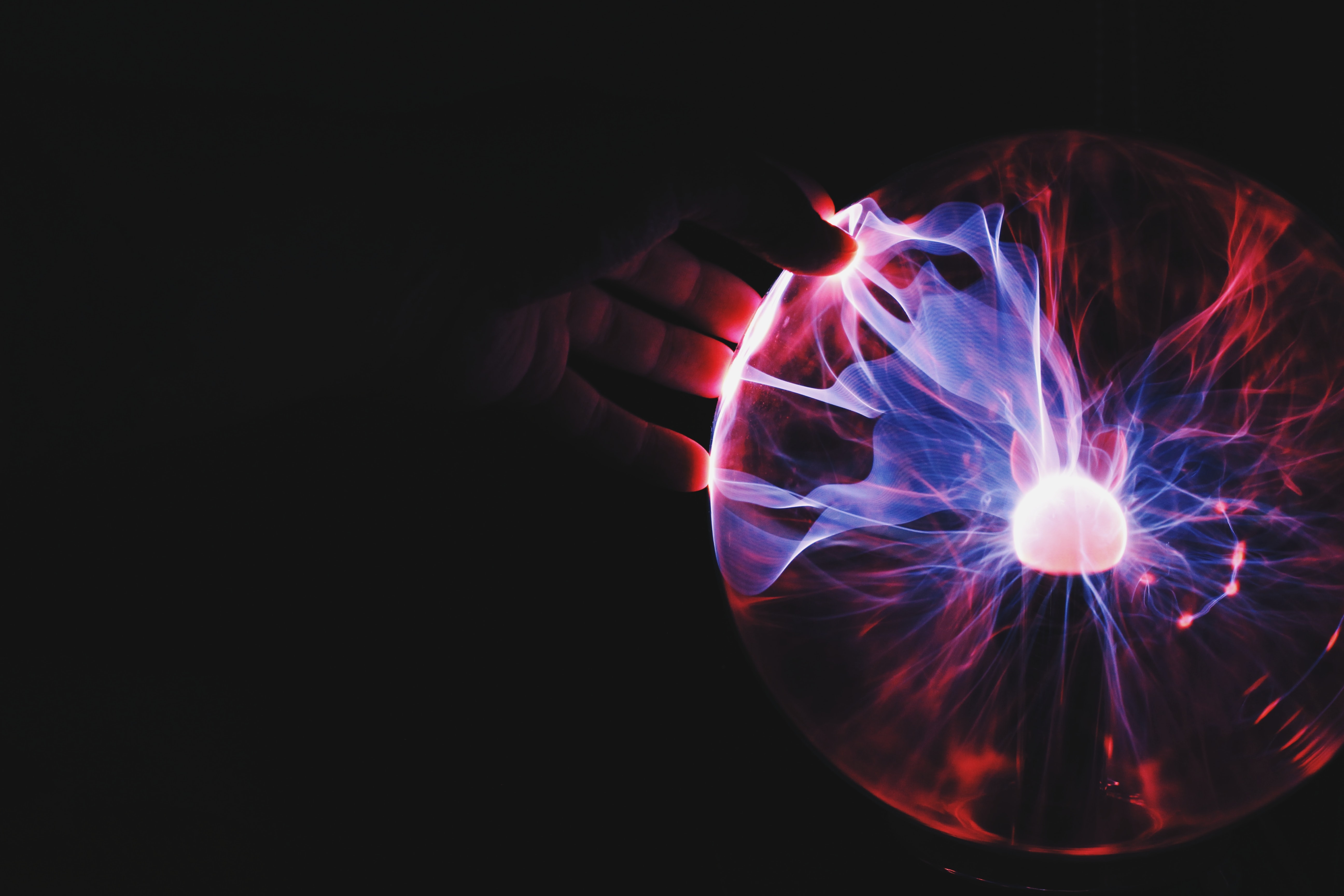CES may not have been able to host a physical event this year (the first time in its 50-year history), but that certainly didn't put a damper on the volume and quality of tech innovation on show.
The pandemic has forced all of us to adopt technology in ways we never imagined before and at scale, yet despite the numerous challenges this presents to tech firms, the pace of innovation has not waned in the past year.
From artificial intelligence to 5G to quantum computing, below I will summarise some of the key technology trends that emerged at CES 2021 and how they will shape the next decade, starting with those closest to becoming a reality.
Artificial Intelligence of Things (AIoT) becomes all-pervasive
We have seen the mass adoption of AI and IoT devices in our lives in the past decade. The coming decade will see the adoption of IoT devices driven by artificial intelligence, with numerous examples showcased at CES. This includes the applications of AI in fitness technology such as the Bosch Sensortec, which uses AI to detect how a user is moving, and the Samsung Smart Trainer, which tracks and analyses your posture during workouts and provides real-time feedback. Elsewhere, the Philips Sonicare electric toothbrush uses AI to provide real-time guidance and personalised recommendations to improve brushing habits, and the Toto Wellness Toilet concept analyses an individual's skin and the waste they deposit every time they take a bathroom break in order to provide recommendations to improve their wellness. AIoT will truly be everywhere. The future of AIoT will be the coming together of these connected devices ie. when they start talking to each other.
5G changes the way we experience the world
The digitisation of the physical world has begun. Verizon is partnering with sports stadia, music concert venues and museums to digitise the physical world, with the goal of providing immersive entertainment experiences to those at home, such as allowing users to watch a soccer game from the eyes of a goalkeeper or watch a music concert from the front seat. Moreover, interactive immersive learning becomes possible with the digitisation of collections and artefacts at museums. Videos play an all-important role in 5G and together with virtual reality, 5G invokes two of our senses to the fullest—seeing and hearing. The future of 5G beyond fulfillment of these two senses is in invoking the third sense of touch. The enablement of touch will allow a doctor sitting remotely to sense our temperature.
Electric vehicles are the new reality in consumer mobility
There were many hindrances to the adoption of electric vehicles, including their range, charging times and infrastructure constraints, and billing. But more than two decades of research has helped overcome these problems. General Motors has envisaged a net zero carbon future and plans to develop 30 new vehicles by 2025. It has also designed a rectangular stack patchable design for electric vehicle batteries that will allow it to create vehicles for every customer in the market, whether they are looking for affordability or luxury or high performance. These vehicles can already go 450 miles on a single charge, and an additional 90 miles on a 10-minute charge. The largest automotive supplier Magna has entered a JV with LG to bring together Magna’s strength in electric powertrain systems with LG’s expertise in component development for e-motors and inverters. The technology is ready for consumer adoption and has evoked much interest since it is linked to a sustainable future. The future of electric vehicles and personal mobility lies in the ability to reimagine these vehicles—the design of cars has not changed substantially since 1920s.
Product business model to product-as-a-service
The acceleration in digital transformation means that today, every company is a tech company. As this change happens, traditional business models that revolved around selling products to consumers are getting transformed into service-oriented business models. The tech companies were the change agents offering infrastructure as a service (IaaS) and platform as a service (PaaS). This resulted in the emergence of many startups in the software as a service (SaaS) space. Now many more companies are turning into subscription-based service models. Ford is transitioning into a mobility as a service (MaaS) company moving away from selling ownership. So is Bridgestone, which has introduced IntelliTire that tracks, monitors, and measures performance across a tire’s full lifecycle for commercial vehicle owners. Schneider Electric launched the Wiser Home Energy Monitor, a connected solution integrated into the home's electrical panel providing real-time information to optimise home energy usage and track saving. The business of the future will transform from one-time sales revenues to one involving a subscription in the form of recurring revenues, offering product-as-a-service (PraaS).
Autonomous vehicles will be a reality in the coming years
The development of autonomous vehicles needs multiple technologies coming together: high-definition maps, hyper-precise positioning, explicit and implicit driving rules including collision avoidance algorithms with location intelligence being at the forefront of all of these. Despite the pandemic, Intel Mobileye has achieved substantial progress on these. Its Responsibility-Sensitive-Safety driving policies, compatible with other AC systems, is being tested in multiple cities across the world and it has crowd-sourced high-definition mapping of one billion kilometers across the world. The semi-autonomous assistance feature from GM called Super Cruise is already a reality that allows its driver to remove their hands from the steering wheel during extended periods of highway driving. The future will see the confluence of autonomous vehicles and 5G making vehicle-to-everything (V2X) possible resulting in the confluence of 3 zeroes: zero emission, zero congestion and zero collision.
Quantum computing will power a future driven by machines
Today, AI is everywhere and is driving powerful algorithms which can recognise any pattern. We are also seeing instances where AI has transcended its own boundaries. GPT-3 by OpenAI can answer questions, write essays, and even create computer code. Recently, OpenAI has unveiled DALL-E, which can create images from textual descriptions including determining the direction of the shadow. This, and the driving algorithms of the autonomous vehicles, signify a shift from AI to artificial general intelligence (AGI)—where machines have the capability to go beyond pattern recognition to be able to process a lot more. AGI will be accelerated with advancements in quantum computing, which will revolutionise modern era computing. Recently, Google’s Sycamore processor conducted the largest chemical simulation on a quantum computer to date. However, the advent of quantum computing also poses cybersecurity risks. Microsoft’s Brad Smith highlighted the importance of cybersecurity in his keynote at the CES. With the emergence of machines powered by AGI and quantum computing, the next decade will see science fiction movies becoming a reality.
Ravi Ganesh is a marketing advisor to startups. He formely worked with Havas Group India as head of data and analytics.








